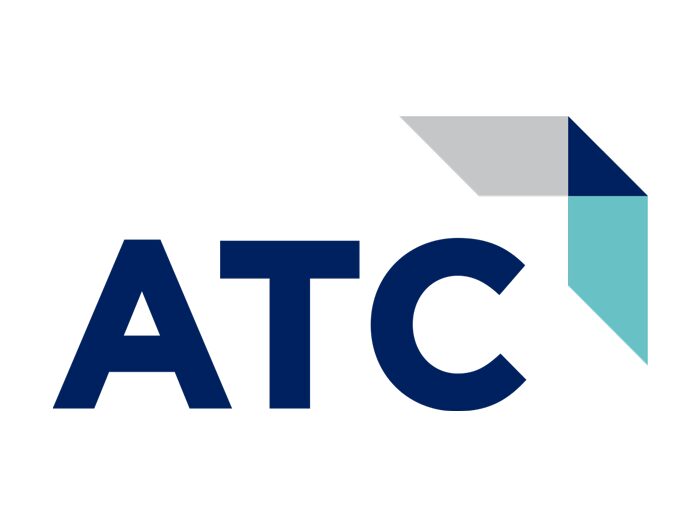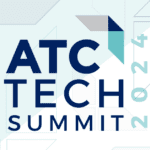
The hospitality industry is undergoing major digital transformation to enhance the guest experience. With the arrival of guest-facing technology, hotel properties are now able to provide faster and more efficient services to their guests. Self-check-in kiosks, keyless entry systems, digital concierges and mobile apps are just some of the technologies that are being used in hotels today.
These technologies are changing the way properties operate by improving customer service and streamlining operations. Additionally, hotel chains are able to navigate the multifaceted, evolving technology ecosystem by becoming more interconnected by the day. The more complex the need and the more locations being served, the more value technology brings to the overall guest experience.
How Technology Can Help You Deliver a 5-Star Guest Experience
One of the primary benefits of guest-facing technology is convenience. Mobile apps, in particular, have become essential in creating a seamless and enjoyable guest experience. With the integration of mobile apps, guests can book their stay, check-in, check-out and access important information about their accommodations directly from their smartphones. Some examples include:
- Wi-Fi passwords
- Hotel map
- Guest policies
- Valet services
- Pay at the Table
- And more…
This level of convenience has not only made the guest experience more enjoyable but has also improved the efficiency of hotel operations. For example, self-check-in kiosks have become increasingly popular in the hospitality industry, allowing guests to bypass the front desk entirely. This reduces wait times and frees staff members to focus more on the backend of the business (fulfilling guest requests, maintenance issues, shift changes, etc).
Technology has also helped the hotel industry transform on a broad scale. Let’s dive into some examples of how.
Artificial Intelligence and Machine Learning
In the modern age, customers expect to be able to interact with hospitality companies across a variety of digital channels and receive rapid responses. Of course, having staff constantly managing all of these channels and delivering swift responses can be difficult (if not impossible), which is where unified communications as a service (UCaaS) comes in to make things manageable.
Today’s customers expect timely interactions, personalized services and seamless processes. To address this emerging demand, artificial intelligence (AI) and machine learning (ML) can transform the way hotels serve their guests. Prime examples include:
- AI chatbots enable businesses to communicate with customers around the clock without any language barrier.
- Computer systems can predict and optimize room occupancy based on real-time data.
- Omnichannel customer service can highly personalize guest experiences through an integrated network.
In 2021, Gartner predicted that by 2023, nearly 25 percent of organizations will integrate marketing, sales and customer experience (CX) into a single function, focusing efforts primarily on the overall satisfaction of their customer base through the cloud. These efforts have proved quite beneficial for the hospitality industry.
Cloud Ecosystem and Intelligent Contact Center
Cloud computing in the hotel industry is a large part of why the guest experience has vastly improved. While the history of cloud computing is fascinating, you don’t need to have a deep understanding of it to realize its benefits. A cloud ecosystem provides several advantages over traditional computing by helping organizations:
- Avoid costly and painful installations.
- Spend minimal amounts on upfront investments (no hardware costs).
- Eliminate depreciation costs of on-prem servers (cloud software gets better with age since updates can be made at any time).
- Reduce switching costs with easy-to-use software.
- Access information anytime, from anywhere.
- Prevent disruption or data loss.
From omnichannel support to AI being used to build intelligent cloud contact centers, hotels are able to use cloud-based services to collect useful data from the first moment a customer interacts with the business. This data can then be used to tailor the guest experience and make data-driven decisions about property management.
By analyzing data collected from smart devices, hotel properties can:
- Identify which features guests use most frequently.
- Make real-time adjustments to amenities.
- Anticipate guest needs (additional towels and toiletries, touchless appliances or disposal units, keyless entry etc).
- And more…
Various applications like Microsoft Teams, Helpdesk, Power Bi, PowerApps and more play a major part in the evolution of the hospitality industry digitally. Your managed service provider or technology consultant can help you find the right solutions to advance your hotel technology and improve the overall guest experience.
Cybersecurity Awareness
The increased need for cybersecurity is among the most vital technology trends in the hospitality industry. Today, hoteliers are more reliant on data and IT systems than ever before, leaving their businesses in a much more vulnerable position. Some of the biggest cyber threats include:
- Ransomware attacks
- Phishing attacks
- Distributed denial-of-service (DDoS) attacks
- Human error (within the organization)
Today, every business is vulnerable to attack; not just major global brands. The consequences of being unprepared in the instance of a cyber attack can be catastrophic. For this reason, hotels need to invest wisely and adequately in cybersecurity. This includes:
- Employee awareness training
- Protection of internal IT systems
- Securing customer data
- Backup and recovery services
A sound security strategy provides unified and reliable protection of a hotel’s assets from potential threats.
The Power of IT Services in Hospitality
Transformation projects often get stuck in the pilot stage because leaders and hoteliers are wary of replacing legacy systems. This is mostly due to existing investments, knowledge gaps, competing priorities and a lack of resources. A digital technology plan must be tightly integrated with core business goals and strategic objectives.
Technologies change rapidly, and new offerings evolve regularly. There is no longer any time to wait.
At ATC, we understand the platforms and functionality sets across the complicated technology and provider landscape, because we do it day-in and day-out. Our digital transformation solutions and IT consulting services can help you improve the overall guest experience and help your business reach its goals. Contact us today for innovative expertise you can count on. Our methodology-proven approach to sourcing and implementing next-gen IT services guarantees positive outcomes await.








